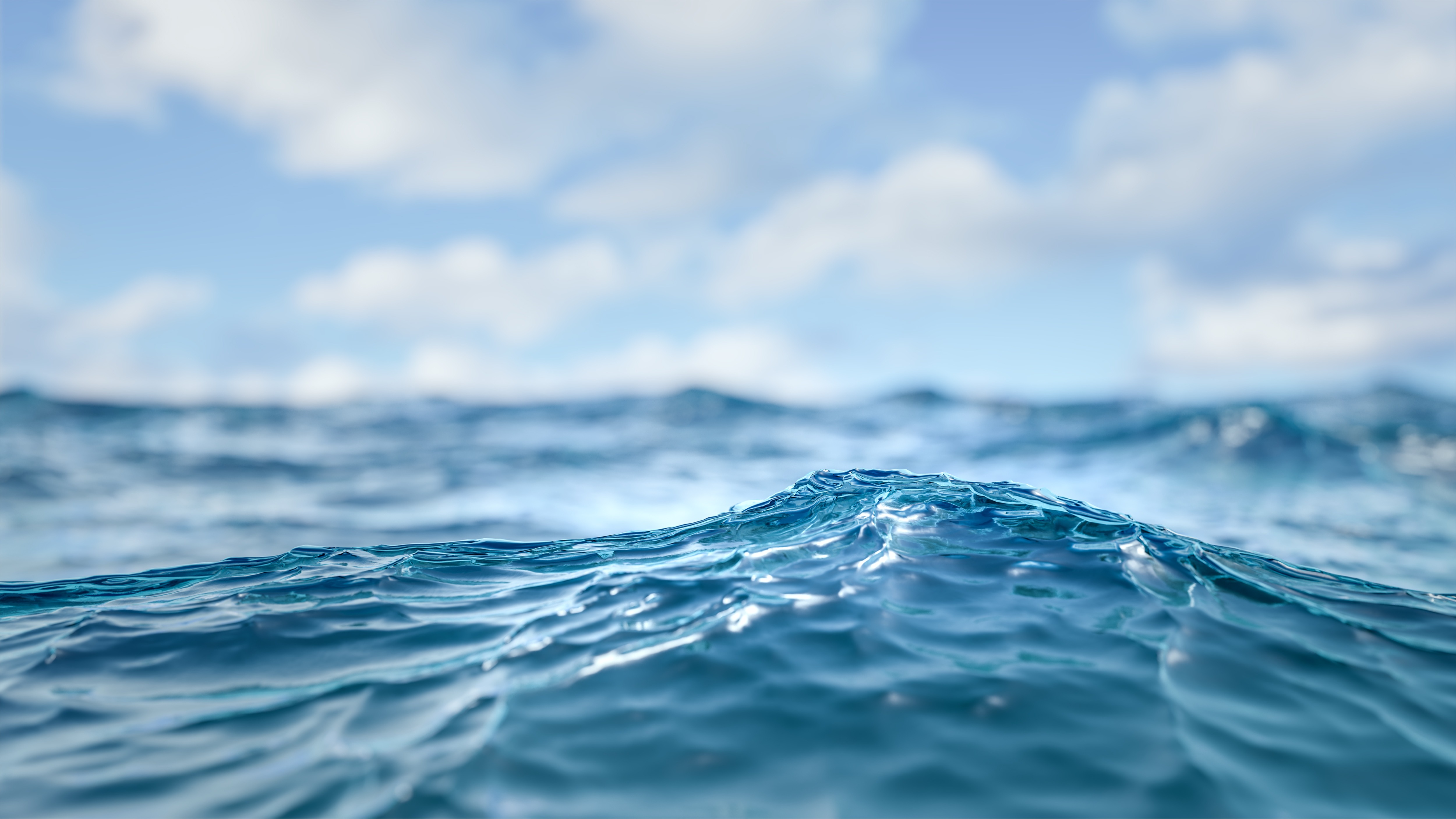

The Ocean covers more than 70% of the Earth's surface, yet it often remains outside our daily awareness. Commonly seen as a place of leisure or escape, it is above all a central player in the Earth’s system. Every individual, territory, and business is directly connected to the Ocean—even those far from the coast.
This article explores the Ocean’s contributions, also known as "ecosystem services": the many benefits—often invisible—that nature freely provides to humanity.
Table of contents
1. Ecological Contributions: the Regulator of Life
1.1. A Temperate Climate Thanks to the Ocean
1.2. The Engine of the Water Cycle
1.3. A Unique Reservoir of Biodiversity
2. Economic Contributions: a Global Engine
2.1. A Vital Food Source
2.2. A Crucial Conduit for Commerce
2.3. Potential for Renewable Energies
2.4. A Reservoir of Raw Materials
2.5. A Laboratory of Natural Innovation
3. Cultural, Social, and Mental Contributions
3.1. A Universal Cultural Heritage
3.2. A Source of Well‑Being
3.3. A Tourism Driver
4. Invisible Contributions: Ecosystem Services
4.1. A Natural Filtration System
4.2. A Guardian of Soil Fertility
4.3. A Barrier Against Natural Disasters
5. Conclusion: Acting to Preserve this Common Heritage
Temperate Climate Thanks to the Ocean
The ocean plays a major role in regulating the climate. It absorbs over 90% of the excess heat generated by human activities, as well as around 30% of the carbon dioxide. This “planetary thermostat” function makes it an indispensable ally in stabilizing the global climate. Check out our Masterclass on Climate and Ocean.
The Engine of the Water Cycle
Through evaporation and precipitation, the ocean feeds rivers, soils, and groundwater reserves. Without this cycle, neither agriculture nor freshwater reserves would be possible.
A Unique Reservoir of Biodiversity
The ocean is home to nearly 80% of life on Earth. This biodiversity—from coral reefs to abyssal depths—is essential for the balance of ecosystems.
A Vital Food Source
Approximately 3 billion people rely on marine products for their nutrition. This economic sector employs more than 60 million people worldwide.
A Crucial Conduit for Commerce
Over 90% of global goods are transported by sea, making the ocean a key link in the global economy.
Potential for Renewable Energies
The ocean is a source of energy still underutilized: wave, tidal, and offshore wind energy. However, developing these resources must respect ecological balance.
A Reservoir of Raw Materials
Marine exploitation provides resources such as salt, sand, rare metals, and even freshwater through desalination. Yet, deep-sea mining raises significant environmental concerns.
Laboratory of Natural Innovation
Marine biotechnology inspires innovations in medicine, cosmetics, and design. Biomimicry—such as shark skin—contributes to improved hygiene in hospitals.
Universal Cultural Heritage
For centuries, the ocean has shaped human cultures—from mythologies to artisanal practices.
Source of Well‑Being
The concept of “Blue Health” highlights the beneficial effects of the sea on mental health, especially stress reduction and improved sleep. Check out our Masterclass about the "Blue Health" concept.
A Tourism Driver
Coastal tourism is an important economic lever for many regions. It nevertheless requires sustainable management of visitor flows and natural spaces.
Natural Filtration System
Marine wetlands—such as mangroves and seagrass beds—filter pollutants, stabilize soils, and store carbon. Check out our Masterclass on Blue carbon.
A Guardian of Soil Fertility
Ocean currents distribute nutrients that enrich agricultural lands, even far from coastal areas.
A Barrier Against Natural Disasters
Marine ecosystems such as coral reefs and marshes protect coasts from storms and erosion, acting as crucial buffers for inhabited zones.
The ocean is far more than a scenic backdrop: it influences our climate, economy, culture, and well‑being. Its protection is a collective imperative.
How to Take Action?
- Organize a beach cleanup with our team
- Launch an Ocean Challenge for your coworkers
For more activities and engagement formats, explore our outreach offers.



